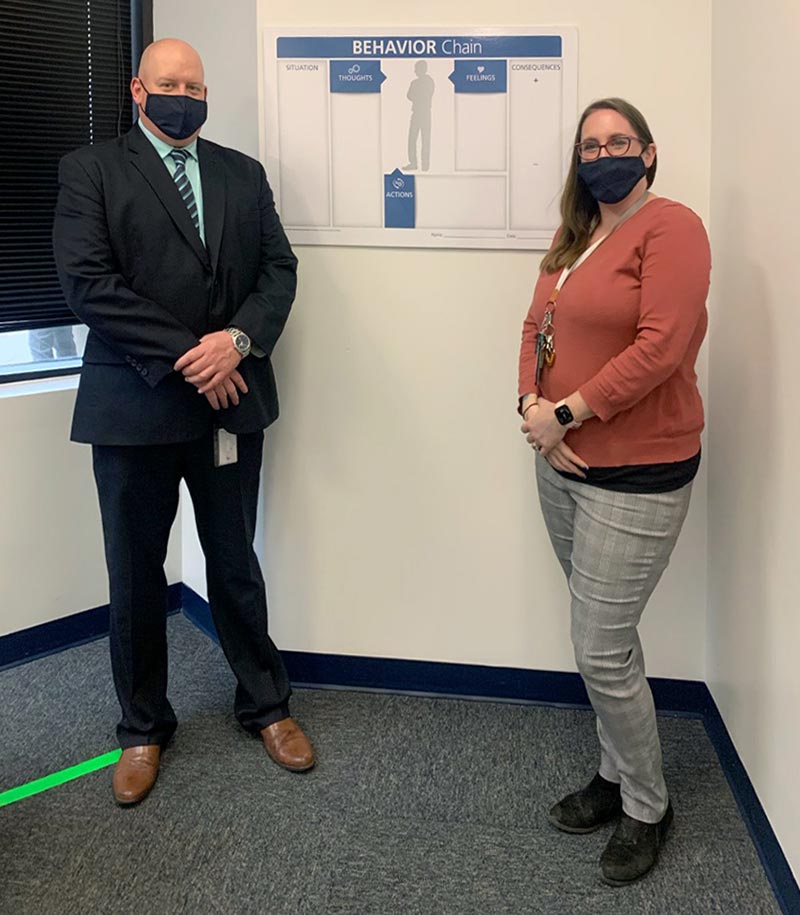
Lycoming County Reentry Service Center recently partnered with Lycoming County, Pennsylvania to officially launch the County Reentry Coalition, which will meet quarterly to exchange ideas in support of Lycoming County Prison inmates’ successful transition back to the community.
Lycoming RSC Program Manager Michael Boughton, who heads the non-residential reentry center run by GEO Reentry Services, collaborated with members of the Lycoming County Criminal Justice Advisory Board to get the coalition going. Mr. Boughton was charged with setting up the first meeting, which took place virtually in March and drew around 70 attendees, including local judges; representatives from the Lycoming County courts, Sheriff’s Office, Probation Department and the Drug and Alcohol County commission; as well as outpatient services and community service providers.
Going forward, the reentry coalition will play a key role in reducing recidivism in Lycoming County. Preparing individuals with resources while still in prison gives them a head start on reentry by providing a plan of action immediately after their release. The County Reentry Coalition accomplishes this by communicating valuable information about community resources to returning citizens in need of clothing, food, employment, substance abuse treatment or educational services.
“We are grateful to be helping to coordinate the County Reentry Coalition and our partnership in this community,” said John Hogan, Area Manager for Pennsylvania Non-Residential Centers. “We look forward to the contributions the Coalition will make for returning citizens and bringing together the many stakeholders invested in successful reentry in Lycoming County.”
Part of the new coalition includes a Reentry Coordinator, Samantha Koch, who serves as a liaison to the county. She visits the prison, sets up assessments and works with inmates to determine what will support their transition to a productive lifestyle; then she develops a transitional action plan that addresses the individual’s criminogenic needs and offers them information about local resources.
Ms. Koch recently helped a female inmate who wanted to complete her degree by communicating that information to her probation officer. Arrangements were made to enroll her in courses upon reentry so that she could further her education.
“As Reentry Coordinator, the goal is to obtain a reduction in recidivism by providing support for those preparing to transition to the community,” said Ms. Koch. “We encourage reentrants to ask for and accept help, and to use the resources we provide. Second chances for individuals and the community work.”
The Lycoming RSC offers services designed to help promote community reintegration, break the cycle of criminal behavior and prevent recidivism. RSC participants undergo multi-phase evidence-based programming that includes a treatment plan to address individual criminogenic risk and needs; access to community resources for employment, education, housing and more; case management and counseling; and classes that encourage them to confront their belief systems and practice pro-social decision-making.
